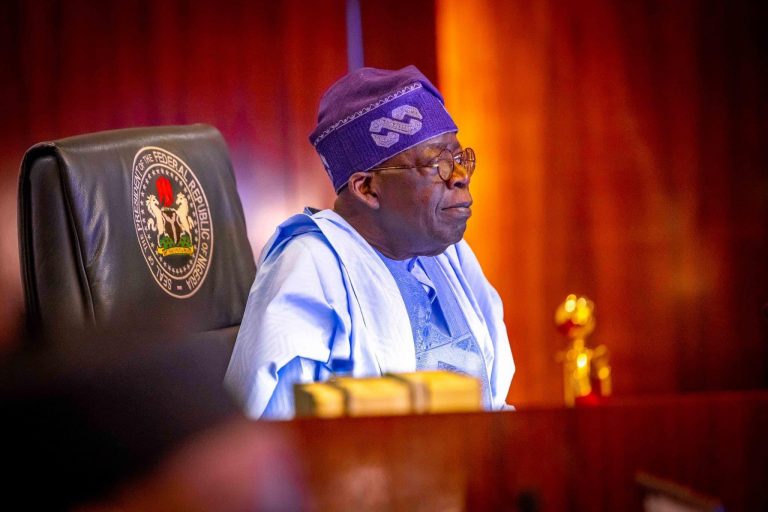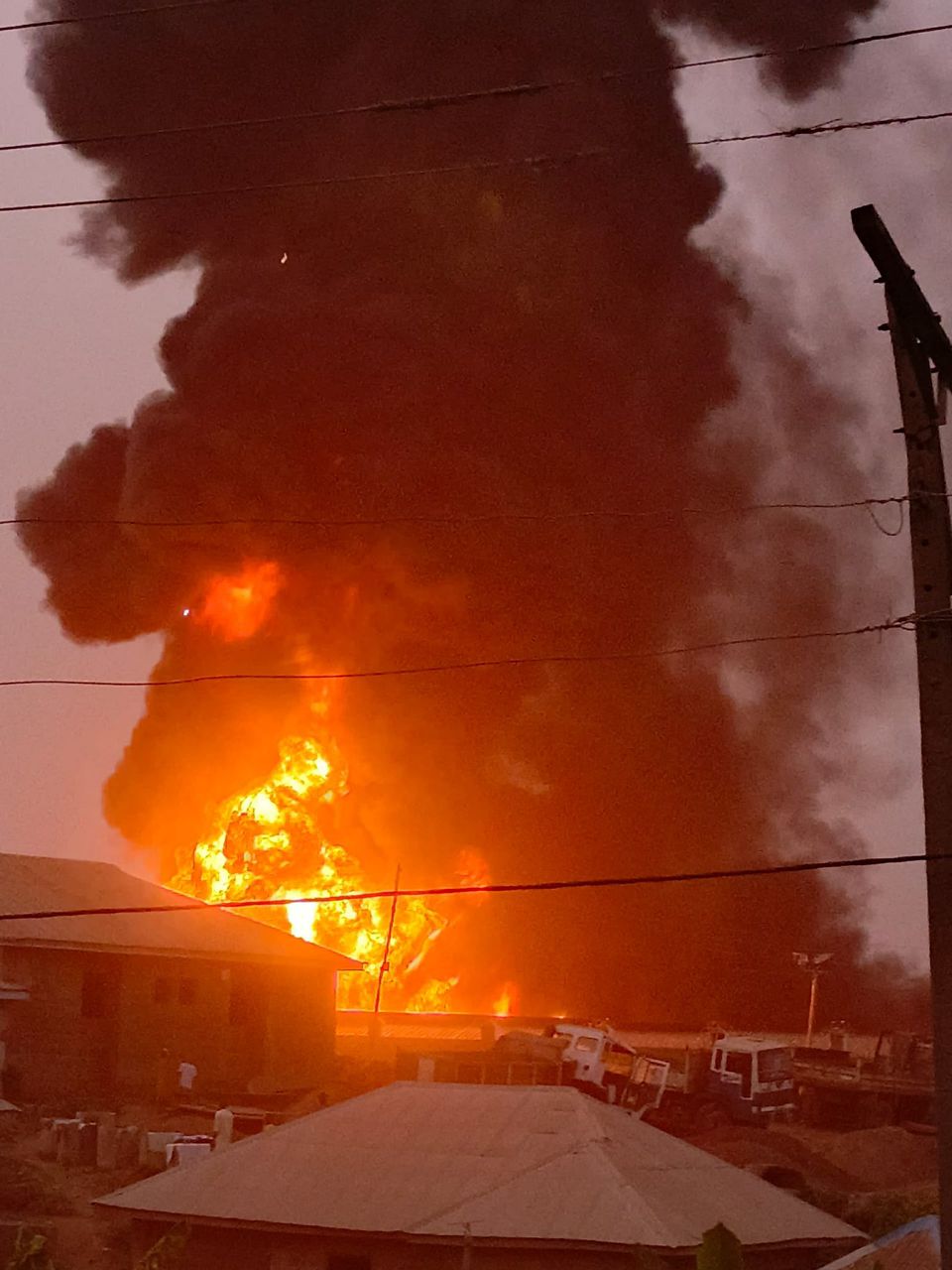Over 40 million people recover from coronavirus
More than two-thirds of the over 58 million people infected by COVID-19 across the world have recovered from the disease after treatment.
The figure indicates the level of success countries and health professionals have recorded in containing the virus.
As of Monday morning, over 40 million recoveries have been recorded by worldometer.info, a coronavirus tracking platform.
According to the data, 40,765,521 patients won their battle against the disease.
Although people who recover from a viral infection often develop immunity against the same disease, it remains unclear whether this is the case with COVID-19 infection.
The World Health Organization had said that one-time infection of the coronavirus has not yet been proven to result in immunity.
Despite increased recoveries, the death toll has remained high.
COVID-19, the potentially dangerous pneumonia-like disease caused by the coronavirus and said to have emanated from a local Wuhan market to spread to over 200 countries, has also claimed almost 1.4 million lives.
That has exceeded the 290,000 to 650,000 annual deaths linked to influenza.
The United States has been worst affected by the pandemic. Last Sunday, the country reported its 10 millionth case, just 10 days after hitting 9 million. About 12.5 million Americans have now been infected and over 262,000 of them have died.
However, recoveries have not improved significantly in the U.S. compared to countries with lower figures of infections. About 7.4 million patients have recovered in America while India, the second most impacted country with 9.1 million infections, has recorded over 8.5 recoveries.
Placed third in the global chart, Brazil with a little of over six million infections has recorded over 5.4million recoveries.
France, the fourth most impacted is another country where recoveries have not improved. Of the over two million infections, only about 149, 000 patients have recovered.
Most who contract the virus suffer mild symptoms before making a recovery.
There are 16,824,439 active cases as of the time of reporting. Of that number, about 16,721,358 (99 per cent) are in mild conditions while only 103,081 (one per cent) cases are in serious or critical conditions.
Of the over two million persons infected by COVID-19 in Africa, about 1.7 million have recovered, according to data from the African Centre for Disease Control (ACDC).
Since the world’s poorest continent recorded its first case in Egypt in mid-February, there has been 2,057,229 cases and about 49,416 deaths so far – relatively few compared with other regions.
Prior to this, the projections were that the contagion would balloon and swiftly overwhelm Africa’s shaky health system.
Africa could see 300,000 deaths from the coronavirus even under the best-case scenario, according to modeling by the Imperial College London.
Under the worst-case scenario with no interventions against the virus, Africa could see 3.3 million deaths and 1.2 billion infections, the report by the UN Economic Commission for Africa had said.
But the fears have not come to pass. Africa has recorded only about five per cent of global cases.
Meanwhile, health officials are warning Africans to take safety protocols against COVID-19 more seriously as concerns over a second wave which is already ravaging Europe could soon reach the continent.
Vaccine Race
Meanwhile, as the world braces for a more devastating second wave, the race to find a cure for the disease is also increasingly gaining momentum.
Last week Sunday, Pfizer announced that its coronavirus vaccine candidate was more than 90 per cent effective, increasing prospects that a cure is now much around the corner.
A few days later, another vaccine developed by Moderna was announced to be demonstrating about 95 per cent success rate in early clinical trials.
There is no proven cure yet but preliminary results from the vaccines increase confidence that a vaccine can train the immune system to fight the virus without serious side effects.
Though still months away from widespread distribution, the two vaccine candidates have raised hopes that a cure for the deadly virus is near.
“The only hope now is the vaccine,” Henry Ewunonu, a public health expert said.













Post Comment